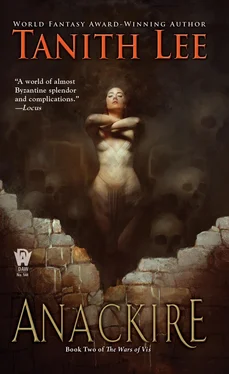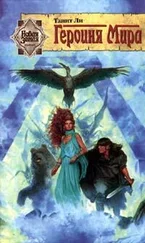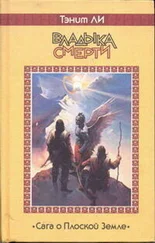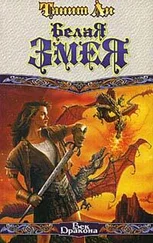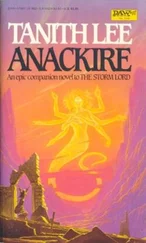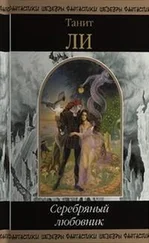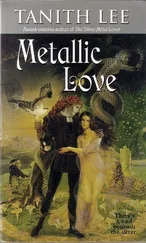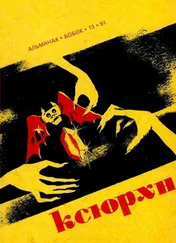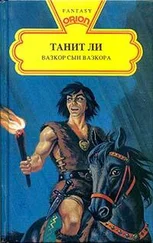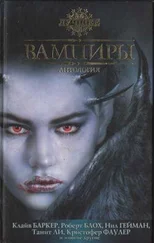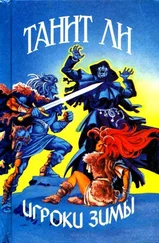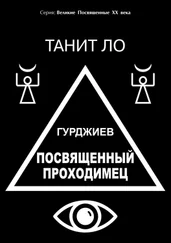There was talk then of raiding the first village they came to, but probably all such would be evacuated, or defended.
Dhaker’s men were bewildered and afraid. Tensions were not restricted to the slaves. There must be some release. Dhaker had begun to believe the insane tales other Zakorian vessels gifted him. If not their truth, at least its effect.
On the fifth day a herd of sea-ox came swimming on a great lacy wake, and the horns were blown and a furor started. His men had been moaning that Rorn arose out of the depths, before Dhaker roared them into stillness.
Something was needed. Up in the world of days and nights and time and weather, Dhaker decided.
When Kesarh was brought into the torch-lit cabin, Dhaker studied him with some pleasure.
His captive’s body was painted by abrasions and the sores induced by chains, yet it had not wasted. After the perpetual dark below, the eyes were winced to slits, but the ice-flame of the black pupils stared through unabated. Kesarh had the royal atoms of Karmiss with the savage Shansar strain; and something more. He was not broken, not even twisted out of shape.
There was food and drink. Dhaker invited his prisoner to dine. Kesarh, without comment, did so. There was no look of desperation, and none of the distrustful questioning almost any other man would have let slip. He supposes he will get through all this , Dhaker thought. The notion astonished him. Kesarh s will was powerful even now, and Dhaker for a second half doubted. Was it possible Kesarh might somehow escape?
There was a vague sound outside, Dhaker’s orders being carried out. He abruptly recovered his wits. Escape was not possible.
“You love me well,” said Dhaker to Kesarh. “You’ve confidence I won’t seek to poison you.”
Kesarh had ended his meal, scrupulously.
“And cheat Yl?” he said.
“Oh, but Yl has lost interest in killings,” said Dhaker. “I’ve heard the signals have failed to show. His ships foundered against Ralnach of Dorthar, then, and never reached the Inner Sea. That, or the gods sent him home with all the rest.”
Kesarh did not react to these riddles. He said, clearly, “Or else he remembers the treaty he made with me, and therefore with the might of Shansar-over-the-ocean.”
“No, I don’t think he remembers that, Lord Kesr. I don’t think he remembers you at all. Vis has gone mad. In the land of madness, the sane must do as he reckons fit.”
Kesarh’s eyes had opened, striving with the murky light. Dhaker felt the extraordinary authority of them.
They sat in silence, neither prepared to ask the other to speak.
Dhaker rose.
“The cushions, there. Take rest. Sleep.”
At last Kesarh said to him, “You have something strenuous in mind for the morning.”
“My father,” said Dhaker, “died at Tjis. I knew him. He was good to me. It’s not sure we’ll reach home port, the world having addled.” The iron eyes never faltered. Dhaker nodded and went out. The door of the cabin was guarded, though he did not imagine Kesarh would attempt heroics. Even a quick death would not be attempted, for Kesarh did not credit he could die at all. He would sleep now, hoarding his endurance. In agony and hopelessness he would cling to life, assured it was his right, until the final drop squeezed through his fingers.
A while before dawn Dhaker Opal-Eye reentered the cabin and regarded the unconscious man, his strong physique, which was about to become its own worst foe. On the left forearm, the wound Dhaker had cauterized had healed curiously, leaving a scar resembling that of a serpent’s bite.
“Take him now,” Dhaker told his men. “Let him come to it as he wakes.”
They did this, dragging Kesarh out into the nacreous vacancy that was ship and sea and sky. As the stars melted, they slung the chained man down, and hauling up his arms, hammered the spikes through his fetters to hold them in position. Then they raised the pole and secured it in a series of jolts, close to the king-sail. He was fully awake by then, and knew. It was an old method of execution, and very simple, common to all western lands, formerly a slave’s sentence in Dorthar.
Suspended from the pole by his upraised arms, his heels had already found the narrow resting place, and gripped there, taking the weight of his body. It would be a struggle to do this, but he would struggle to do it. There was a similar rest under the buttocks that might also be put to use, awkwardly and with difficulty. Since the hanging man would not be able to breathe without recourse to these supports, he would constantly resort to them. Constantly slide from them, constantly regain them. The struggle would be never-ending.
Held by the wrists alone, the lungs cramped, the blood would not move. Asphyxiated, the condemned soon fainted; death could come inside a morning. But that was the swift way. This way was not swift. And Kesarh’s will, his haughty demand to live, would prolong the combat beyond total exhaustion. Three-quarters a corpse, he would still be struggling, sliding, struggling, gasping, and grasping, losing an inch, a moment at a time.
And he would be given water, and food while he could eat it.
It might go on for days.
Now there was light, and dark. There was sunrise through the great sail. There was sunset at his back, his own hanging shadow flung before him along the deck. Men would not cross over it. It was bad luck.
Later, he did not notice this anymore.
Air came by straightening, pinioning the heels and calves or the lower back or the buttocks against the pole. In a dizzying rush, the arms loosened somewhat, the lungs were able to expand. One did this until the anguish of the position forced feet or spinal muscles to give way. Then the former agony re-commenced.
Shortly, all agonies were the same. To be lifted and to breathe in agony, or to let go and to sink in agony, stifling.
He drank the water and swallowed the gruel.
He glared into the sky.
The sea was very flat, the deck flirted like a dancer. Men moved about, or stood, watching him. They were ghosts. They had no meaning. Nor the sky nor the sea. Only pain meant anything. But the pain was life.
At the fourth sunrise, he had forgotten his own name.
He heard them talking below. A man with a mote of flame in his eye, touched Kesarh’s feet, gently, like a caress.
“Kesr, do you live, still? The fourth day, Kesr Am Karmiss. I never knew any to last so long.” And then, “He’s bleeding from the mouth. Blood from the lungs.”
Kesarh turned his head. The sky was crimson and light split the sail. Something came and tapped his face. It was a bowl, pushed up on a stick. Water. He turned to put his lips to the bowl.
“No,” said a girl’s voice, softly, against his ear, or in his brain. “Don’t drink it. Kesarh, don’t drink.”
“Go away,” he said. His tongue found the water. “Bitch.”
“No,” she said. “Don’t drink.”
The water had no taste and he did not want it, though his thirst raged. His body tried to cough. Lances ran through his ribs. Then her hands came and held him. Cool, fragrant, better than the water.
“Listen to me,” she said. “Since we were children, whom did we have to trust save each other?”
“I must live, Val Nardia,” he said. “Get back what they took from me. And if you want me to live, I can. For you. Poison, disease, the wound of any battle—nothing. I’ll run through flood and fire and thunderbolt—Val Nardia,” he said. “I am here.”
“I shall live,” he repeated. A strand of her red hair moved against the red sky as she held him. It was Val Nardia, and no other. No alter image. His head was on her breast.
“Live then,” she said. “Let go, and live.”
Читать дальше
